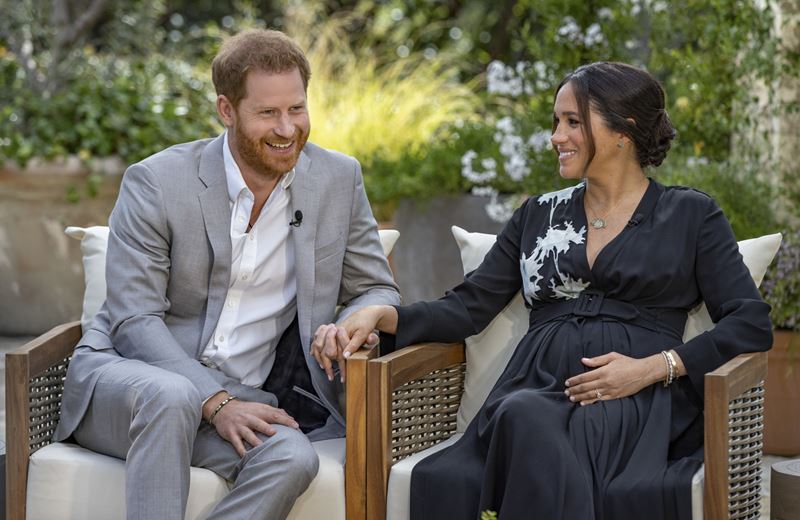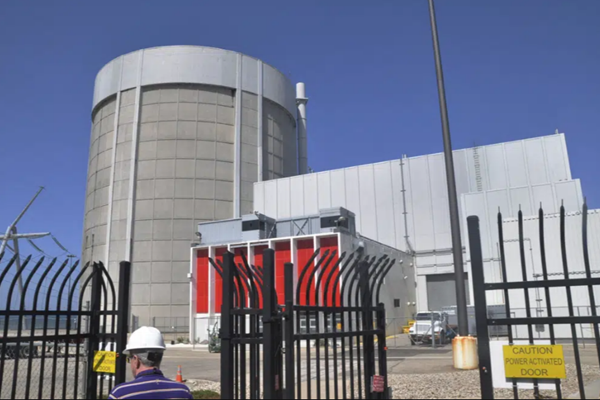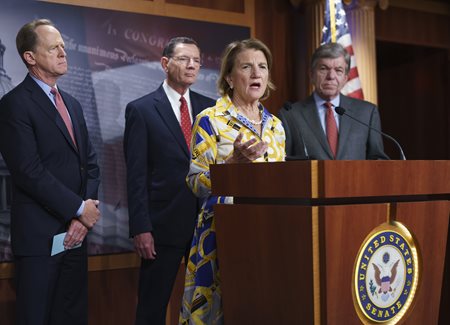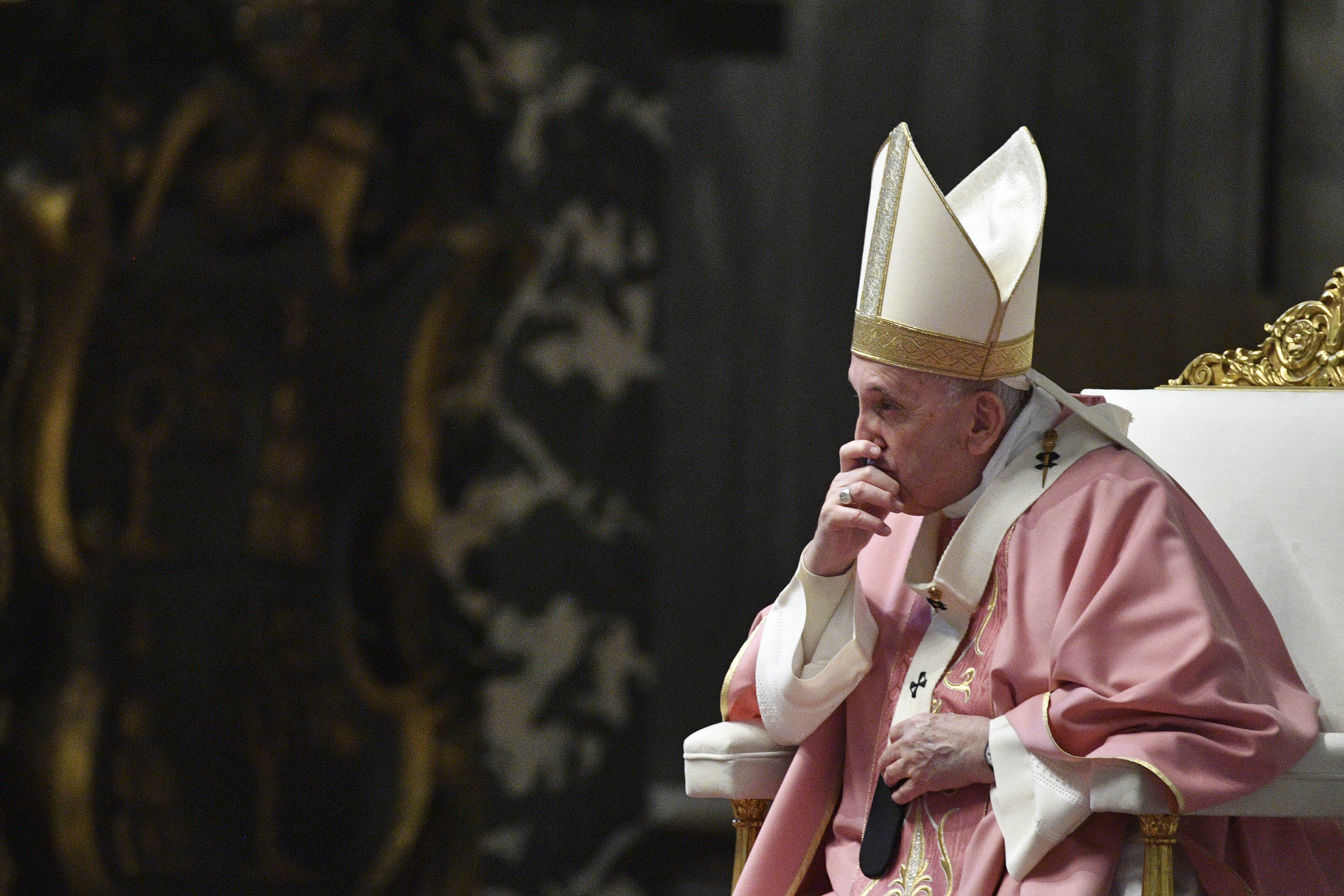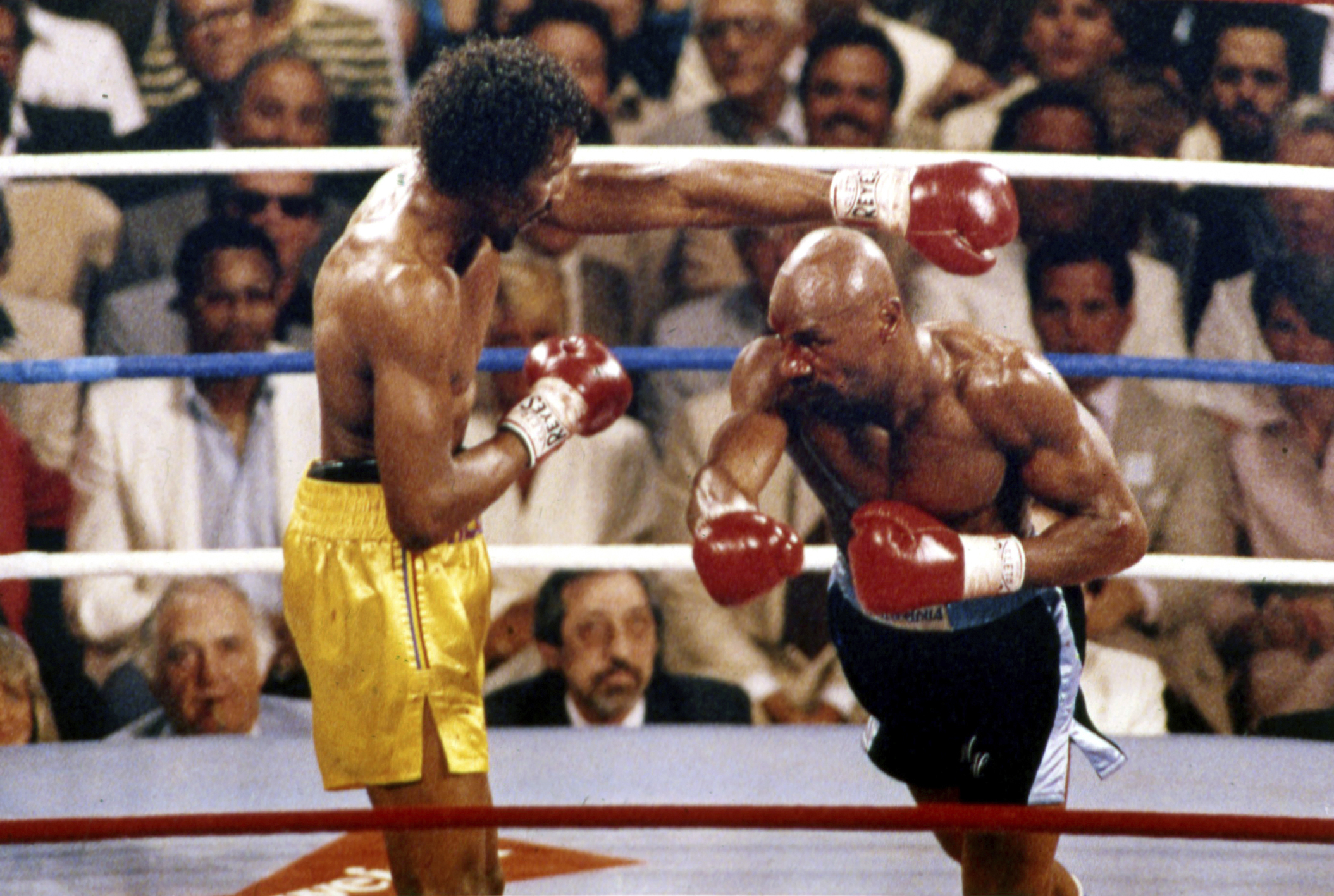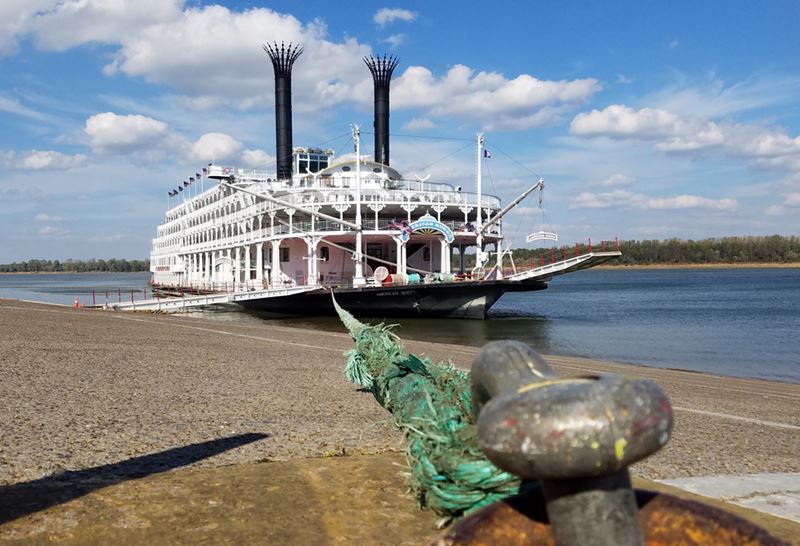In a two-hour soul-baring interview with Oprah Winfrey, the couple painted a deeply unflattering picture of life inside the royal household, depicting a cold, uncaring institution that they had to flee to save their lives.
Meghan told Winfrey that at one point “I just didn’t want to be alive anymore” and had uncontrollable suicidal thoughts. She said she sought help through the palace’s human resources department, but was told there was nothing they could do.
Meghan, 39, admitted that she was naive at the start of her relationship with Harry and unprepared for the strictures of royal life.
The former television star, who identifies as biracial, described that when she was pregnant with son Archie, there were “concerns and conversations about how dark his skin might be when he’s born.”
Harry confirmed the conversation, saying: “I was a bit shocked.” He said he would not reveal who made the comment.
The pair, known as the Duke and Duchess of Sussex, announced they were quitting royal duties last year, citing what they said were the unbearable intrusions and racist attitudes of the British media. That split became official earlier this year, and the interview was widely seen as their first opportunity to explain their decision.
The implications for the interview — which was broadcast Sunday night in the United States and will air in Britain on Monday night — are only beginning to be understood. Emily Nash, royal editor at Hello! Magazine, said the revelations had left her and many other viewers “shell-shocked.”
“I don’t see how the palace can ignore these allegations, they’re incredibly serious,” she said. “You have the racism allegations. Then you also have the claim that Megan was not supported, and she sought help even from the HR team within the household and was told that she couldn’t seek help.”
Anti-monarchy group Republic said the interview gave a clearer picture of what the royal family is like — and it’s not pretty.
“Whether for the sake of Britain or for the sake of the younger royals this rotten institution needs to go,’’ Graham Smith of the campaign group said. “Some people will say ‘well you would say that,’ but this interview has only served to highlight what a lot of people have known for years: The monarchy is rotten to the core and does not reflect British values.″
Harry, born a royal prince, described how his wife’s experience had helped him realize how he and he rest of the family were stuck in an oppressive institution.
“I was trapped, but I didn’t know I was trapped,” Harry said. “My father and my brother, they are trapped.”
Meghan, he said, “saved me.”
The younger royals — including Harry, Meghan, Harry's brother, Prince William, and William’s wife, Catherine — have made campaigning for support and awareness around mental health one of their priorities. But Harry described a royal family completely unable to offer that support to its own members.
“For the family, they very much have this mentality of ‘This is just how it is, this is how it’s meant to be, you can’t change it, we’ve all been through it,’” Harry said.
The couple had faced severe criticism in the United Kingdom during the run-up to the interview. Prince Philip, Harry’s 99-year-old grandfather, is in a London hospital after recovering from a heart procedure, and critics saw the decision to go forward as being a burden on the queen — even though, CBS, rather that Harry and Meghan, dictated the timing of the broadcast.
In the United States, sympathy for the couple poured in after the interview. It will be shown later Monday in Britain, where some see Meghan and Harry as a couple who put personal happiness ahead of public duty.
Tennis star Serena Williams, a friend who attended Harry and Meghan’s wedding, said on Twitter that the duchess’s words “illustrate the pain and cruelty she’s experienced.”
“The mental health consequences of systemic oppression and victimization are devastating, isolating and all too often lethal,” Williams added.
Meghan — then known as Meghan Markle, who had starred on the American TV legal drama “Suits” — married Harry, a grandson of Queen Elizabeth II, at Windsor Castle in May 2018. Their son, Archie, was born the following year.
Holding hands, Harry and Meghan sat opposite Winfrey while she questioned them in a lush garden setting. The couple lives in Montecito, California, where they are Winfrey’s neighbors.
Harry said he had lived in fear of a repeat of the fate of his mother, Princess Diana, who was covered constantly by the press and died in a car crash in Paris in 1997 while being pursued by paparazzi.
“What I was seeing was history repeating itself, but definitely far more dangerous — because then you add race in, and you add social media in,” Harry said.
Both Meghan and Harry praised the support they had received from Queen Elizabeth II, Harry's grandmother.
“The queen has always been wonderful to me,” Meghan said.
But Harry revealed he currently has a poor relationship with his brother, William, and said things got so bad with his father that at one point Prince Charles stopped taking his calls.
“There is a lot to work through there,” Harry said about his relationship with his father. “I feel really let down. He’s been through something similar. He knows what pain feels like. And Archie is his grandson. I will always love him, but there is a lot of hurt that has happened.”
In a rare positive moment in the interview, Harry and Meghan revealed their second child, due in the summer, would be a girl.
